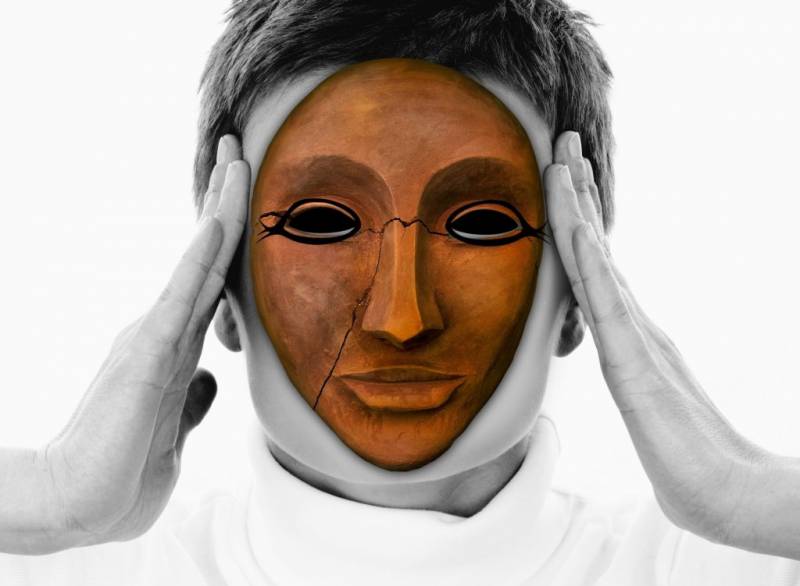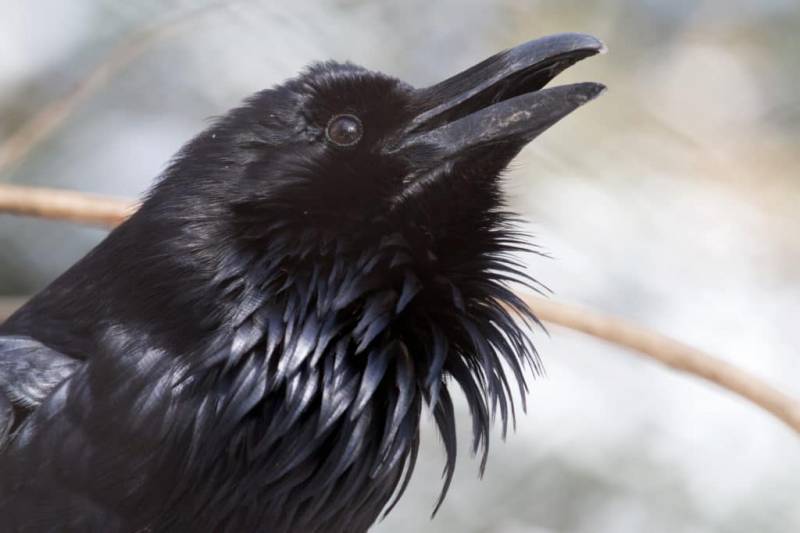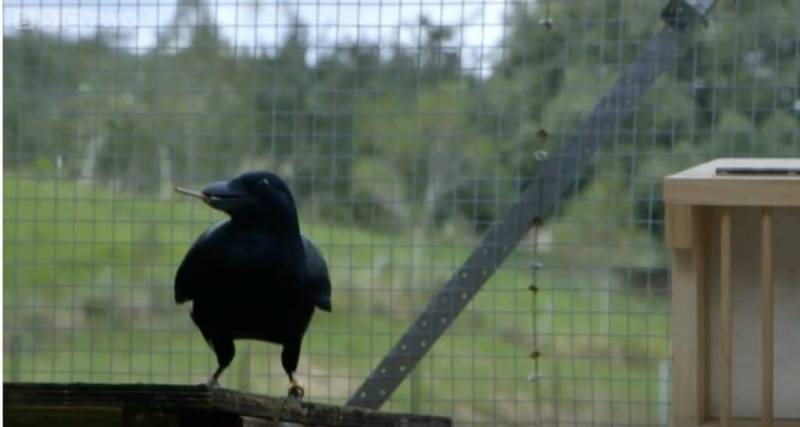Содержание
People joke about cockroaches taking over after humans have wiped themselves from the face of the earth. And chances are, roaches, with their mad survival skills and prodigious reproduction abilities, would survive. But would they become the next species to master the earth? Probably not. That takes intelligence, and some species already have a head start on roaches in the intelligence department. Chimps, dolphins, and elephants come to mind. But when it comes to a successor for homo sapiens, my money is on crows. Why? There are several reasons.
They Can Recognize Specific Human Faces
Can you recognize different crows by their facial features? I didn’t think so. But crows can recognize not only individual crows but also individual humans. And if you mess with them, they will not only remember you, but they’ll hold a grudge. And then they’ll tell their friends, and their friends will hold a grudge, too. Case in point: researchers at the University of Washington did an experiment to test how well crows recognize human faces.
The researchers wore rubber masks — one they designated as “scary,” and one they decided was neutral. The researchers wearing the “scary” masks then trapped and put identification bands onto seven crows they found on the UW Seattle campus. For several months afterward, researchers walked the campus wearing the masks, but leaving the crows alone.

Almost every crow they ran into while wearing the masks reacted negatively toward the people wearing the “scary” masks. They scolded them and even dive-bombed them. And it wasn’t just the crows who had been banded. It was 47 out of 53 crows encountered — way more than could have even witnessed the “attack.”
Meanwhile, the researchers walking the campus in the “neutral” masks didn’t receive even a second glance from the crows.
Which means that the crows not only knew the differences between the masks but remembered which mask was “scary,” and then communicated that information to other crows!
What’s more, they passed this information down to subsequent generations of crows. *Shiver*
They Communicate in a Sophisticated Language…With Dialects

And how did they communicate this information? With advanced language. Scientists aren’t quite sure how advanced yet. However, they do know that crow “speech” is sophisticated, and even has regional dialects. Many animals have different sounds that accompany different behaviors — a challenge, a defensive posture, a cry for attention. But some corvids also have “words,” or sounds that appear to have referential meanings like “meat.” Researchers have also found that crow family groups develop their specific dialects.
They Exhibit Trickery and Social Manipulation
Crows and ravens plan, plot, deceive and manipulate to accomplish their ends. One researcher witnessed a crow tricking another into looking for food in the wrong place, while the trickster quietly collected the food from where it was.
Some have even witnessed crows exhibiting sleight of hand — or, rather, of the wing. Crows typically hide their food away in a cache, when they want to save it for later. Knowing this, they will often watch other crows so that they can raid the other crow’s stash. But if a crow knows it’s being watched, it will pretend to hide the food in its cache, while concealing it in its chest feathers. Then the clever crow will then fly off and hide the food somewhere else.
This behavior qualifies as “tactical,” and even as “lying” by some accounts. So don’t just believe what a crow is telling you. Because they may be pulling your leg.
They Are Planners and Problem-Solvers
Researchers have discovered that crows can not only solve problems, but they can also solve really complex problems. In fact, they can solve a food puzzle that has eight steps. And if you watch the video below, it’s not just trial and error. The crow has to look at the whole setup, see how the pieces fit together, then follow the steps in order, so that it can get the prize. And the speed and accuracy with which they can do this are astonishing.
And do you remember the fable about the crow using pebbles to bring up the water level in a container so the crow could get a drink? Fact: crows do, demonstrably, understand water displacement. Witness.
And if that’s not enough, crows have demonstrated that they know full well that larger stones will displace more water than smaller ones. Dang.
And watch how these Japanese crows use passing automobiles to crack the shells of the nuts that the crows want to eat. Not only that, but they watch the traffic lights to optimize the timing of their drops, as well as to know when it’s safe to swoop down to claim their prize.
I, for one, welcome our corvid overlords.
They Don’t Just Use Tools…
Plenty of animals use tools. Not very many of them make tools of their own. But crows not only make tools — advanced, ergonomic and highly effective tools — they have tool-making traditions that they pass down through generations. One of the tools they make is a fishing hook (although they use it to “fish” for grubs and spiders.) Humans started making fish hooks a mere 23,000 years ago, so crows are catching up fast.
And just like humans in different places have different architectural styles, crows in different places have different tool-making traditions. They use different materials and different techniques.

Not only that, but scientists have found that crows can look at a tool and make an identical tool, even if they haven’t seen how the first one was made. This suggests that they are capable of “mental template matching,” which is a highly intelligent and sophisticated thing. Researchers also believe that crows pass down tool-making techniques through generations.
And that’s a heck of a lot more than a monkey using a blade of grass to pick up ants.

The Next Big Thing?
Are we headed for a corvid world takeover? It seems unlikely, as long as humans are around. But if the human race somehow…meets with an accident…then my money is on crows and ravens to take the evolutionary baton and run with it.
Featured Image: CC BY-SA 3.0, by Dick Daniels, via Wikimedia Commons










